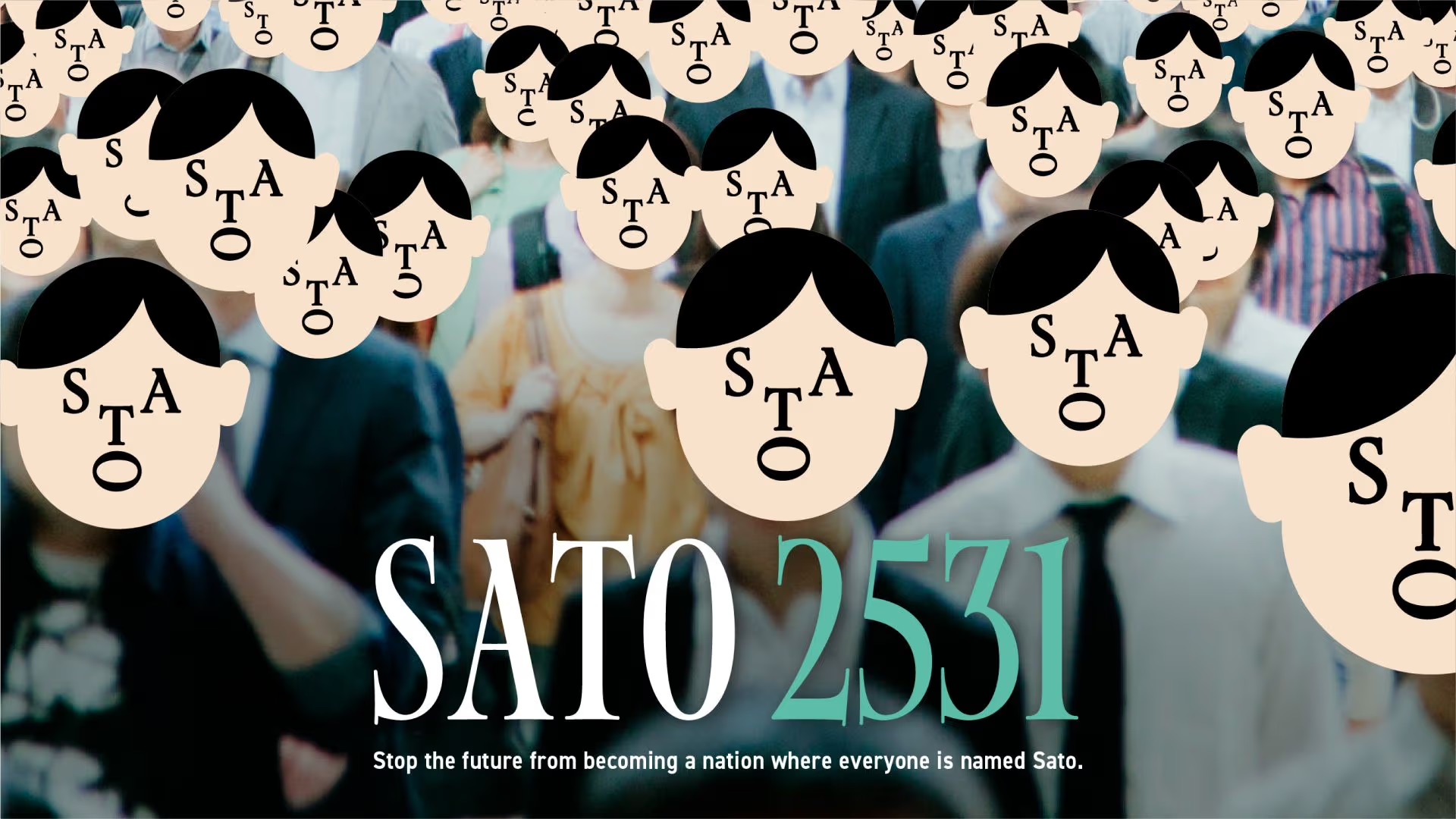In a future Japan, a surprising scenario is unfolding: everyone might share the same surname—”Sato” (佐藤). This projection stems from Japan’s unique marriage law, which mandates that married couples adopt a single surname, typically the husband’s. Currently, “Sato” is the most common surname in Japan, held by approximately 1.5% of the population. If the law remains unchanged, projections suggest that by the year 2531, “Sato” could become the only surname in Japan.
The Study Behind the Projection
Professor Hiroshi Yoshida of Tohoku University conducted a study analysing the implications of Japan’s surname law. His research indicates that due to the current trend where 95% of women adopt their husband’s surname upon marriage, the prevalence of “Sato” is increasing at a rate of 0.0083% annually. If this trend continues, “Sato” could dominate the Japanese surname landscape in the coming centuries.
Cultural and Social Implications
The potential homogenization of surnames raises concerns about the loss of family and regional identities. Traditional surnames like Tanaka, Suzuki, and Yamamoto could fade into obscurity, erasing centuries of cultural heritage. This shift might also impact personal identity, as surnames often carry familial and ancestral significance.
The ‘Sato 2531’ Campaign
In response to these concerns, the Asuniwa Association, a gender equality organisation, launched the “Sato 2531” campaign. Collaborating with Dentsu Digital Tokyo, the campaign utilised data-driven storytelling to highlight the potential consequences of the current surname law. The campaign gained international attention, sparking discussions about the need for legal reform. Notably, “Sato 2531” earned two Gold Lions at the 2025 Cannes Lions Festival for Creative Data and Creative Strategy.
Calls for Legal Reform
Japan remains the only country that enforces a shared surname law for married couples. Advocates argue that allowing individuals to retain their birth surnames would promote gender equality and preserve cultural diversity. However, conservative factions within the government maintain that a unified surname strengthens family cohesion. Despite public support for change, the debate continues, with no immediate legislative action on the horizon.
